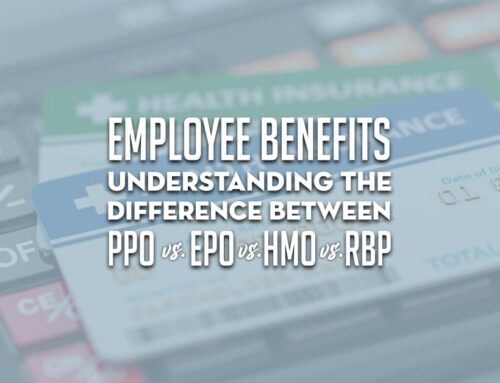As an employer, you could help employees bounce back from the effects of COVID-19 in more ways than one. For instance, you could research small business health insurance providers who account for mental health.
It has become clear that mental and physical wellness are equally important. Mental Health America reports that even before COVID-19 hit, mental health issues had been on the rise in the country; according to them, 19 percent of adults experienced mental illness in 2017-2018.
The pandemic only accelerated the phenomena. MHA says that 315,220 people took the anxiety screen from January to September this year, and 534,784 took the depression screen. Compared to 2019, these figures represent a rise of 93 percent and 62 percent, respectively. There is no better time to reflect on how your company supports employee mental health—here are a few ways to do that.
Provide employees with mental health resources
Offer mental health resources to workers—there are many ways to do this. For example, you can ensure that your company’s health insurance covers time off for mental health needs. You can also provide a flexible PTO policy that lets employees take time off without disclosing why they are doing so. Most people have go-to methods of self-care, and you only need to give them the structure to practice these.
Allow employees to take time off without providing a reason; flexible PTO will help your more private employees. No matter how open your leadership is about supporting mental health, there will always be people who would rather not disclose their struggles.
You could also offer mental health days and have people take time off specifically for self-care, which looks different from one person to another. You can have leaves explicitly designated as mental health days, so it’s clear to your employees that they must take their mental health seriously. Support them when they do take time off, and watch out for cultural pressures within your company that prevent them from doing so.
Have a safe, accepting company culture
Stress is a significant driver of health issues, and company culture is stress-inducing for many workers. When your boss expects you to reply to emails at all hours, or if your managers blame you for their failures, you cannot simply “look on the bright side” and do your job. Bullying as a management style decreases employee morale instead of boosts it.
Admittedly, changing a company’s culture cannot happen at once. As the leader, though, you are in an excellent position to take action. You can get the ball rolling by initiating conversations about mental health. Share personal stories of your struggles, distribute articles on mental health, and show employees that it is not shameful to reach out about this topic.
You should also have a definite way of assessing and identifying misconduct or patterns that lead to it. If your managers lose their temper, ridicule team members, or intimidate others into compliance, they need retraining and anger management sessions.
Conclusion
Your employees are humans and also get tired, demotivated, or anxious. They are not robots who can keep going without reinforcements. Create a healthier, safer place to work by prioritizing your employees’ mental health. When you show you care, they will want to stay at your company and even advocate for your brand. Find a reliable small business health insurance provider when you consult with Abbot Benefits. We are medical insurance brokers in Tomball, Texas, helping companies protect their employees since 1982. Get in touch with us today for more information!





